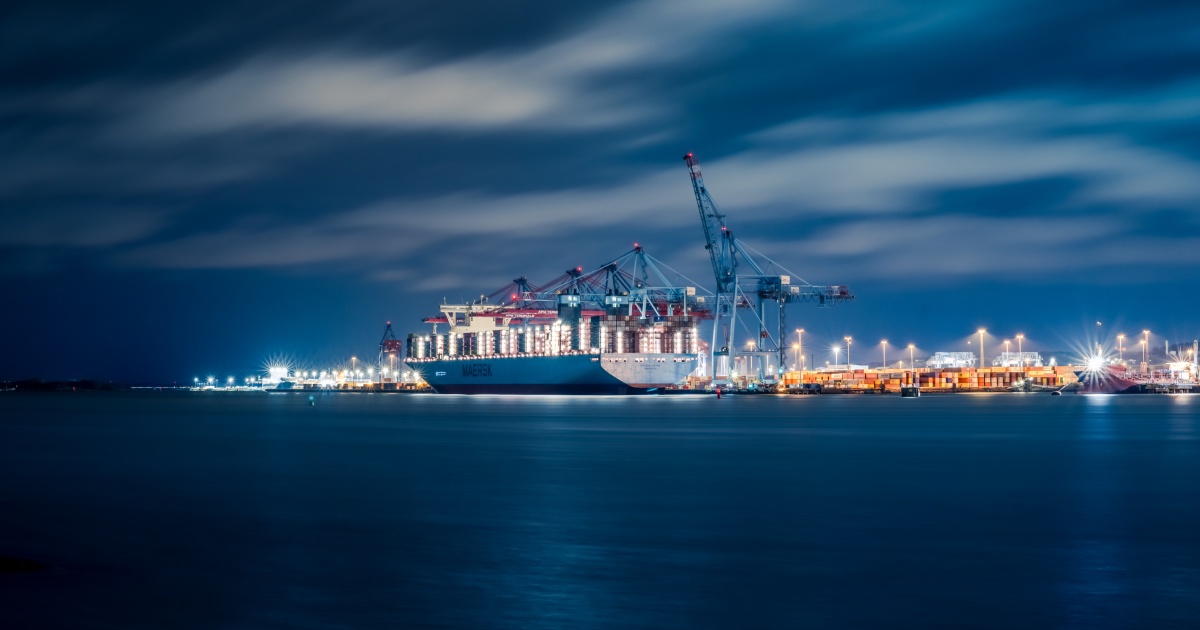
With global warming being a hot topic over the past decade or so, the International Maritime Organization adopted a strategy to play its part in reducing greenhouse gas emissions from international shipping. The strategy includes a goal to reach net-zero greenhouse gas emissions from international shipping by or around (i.e. close to) 2050, a commitment to ensure an uptake of alternative zero and near-zero GHG fuels by 2030, as well as indicative checkpoints for 2030 and 2040.
Achieving emissions-reduction targets in the maritime industry hinges on three vital elements: Transparency. Data utilization. Collaboration.
Transparency is paramount, involving honest emissions reporting and accountability for cleaner technologies. Smart data utilization plays a crucial role by optimizing vessel operations, minimizing emissions through real-time adjustments, and identifying areas for technological advancement. Collaboration among shipowners, ports, governments and environmental organizations fosters sustainable practices, including common standards and research support, to accelerate progress and secure a greener future for the maritime sector.
To combine those three elements, Maersk Supply Service, a provider of integrated project solutions and marine services for the global offshore energy sector, opted for the Fleet Data IoT platform by Inmarsat Maritime, a Viasat business. Maersk went this route in order to assess how best to utilize zero-emission energy storage systems across its fleet, as well as enhance the performance of its initial battery installation on the Maersk Minder Offshore Supply Ship.
Inmarsat Maritime is a key player in advancing the digitalization of the maritime industry, with a focus on enhancing efficiency and safety. Viasat, a global communications company, is dedicated to connecting people and devices worldwide, with a presence in 24 countries. Their mission revolves around providing high-quality, secure and affordable global communication networks to improve people's lives while prioritizing sustainability, including endeavors in space.
The Fleet Data IoT platform by Inmarsat Maritime incorporates an end-user API that seamlessly collects data from onboard equipment, automatically organizes it with timestamps, synchronizes it, and uploads it to the customer's visualization tools in a user-friendly format.
The API grants access to original equipment manufacturers, or OEMs, such as VPS, whose data-driven decarbonization system, Maress, offers real-time insights into vessel performance, supporting fuel savings and emissions reduction. Maress will help Maersk evaluate the battery system's effectiveness (in terms of peak shaving and energy efficiency), as well as determining the requirements for future battery installations throughout the fleet.
This comprehensive insight into vessel and hybrid battery system performance enables Maersk to quickly adapt its operations to evolving environmental regulations and provide real-time data on the impact of the Electric Storage System on vessel efficiency and emissions, which proves advantageous when dealing with charterers who may have specific requirements regarding battery power in offshore operations.
“There are various economic and regulatory motivations for installing battery power on an offshore vessel, but charterer expectations are a particularly compelling factor,” said Sverre Vange, Energy Performance Manager, Maersk Supply Service. “In the years ahead, attracting charterers will increasingly rely on the deployment of a battery system so the ability to keep charterers informed of the system’s performance will be invaluable.”
Automating data flows also eliminates the need for seafarers to manually report NOx emissions, saving time and money while ensuring more accurate and consistent information, particularly in complying with Norway's NOx tax scheme, where vessels operating in Norwegian waters must reconcile emissions data with offshore work and port records.
“Data by itself is not useful unless it is processed to obtain information,” said Richard Goudbeek, Technical Sales Manager, Digital at Inmarsat Maritime. “Data processing involves analyzing data and reasoning to gain insight and turn the results into fact-based decision-making. The Fleet Data end-user API allows Maersk to extract maximum value from available data and share it with OEMs and third parties like VPS.”
Edited by
Alex Passett





